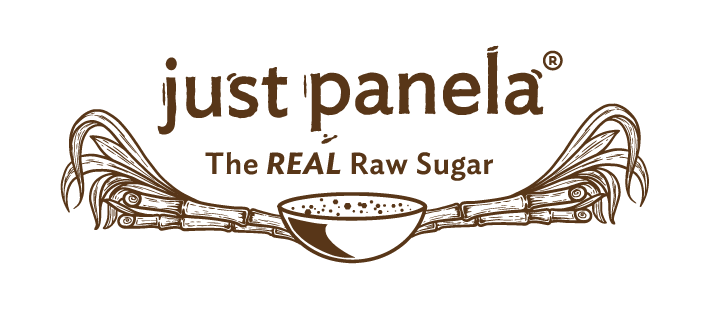Past, Present, Future: A Quick History of Colombian Panela
Past, Present, Future: A Quick History of Colombian Panela
It’s often referred to as Colombian panela for a reason. The past, present, and future of panela in the West is deeply linked to the history of this beautiful country.
Did you know that panela consumption in Colombia amounts to more than 30 kilos per year, per person?
If you’ve ever visited Colombia and found yourself with a glass of agua panela in your hand, you were holding a little piece of history. Colombian panela has roots that are more than 500 years old and that remain mostly unchanged today.
Whether you’ve tried it or not, the history of panela is worth knowing. The potential that this very traditional product holds for the future of its producers is also an important part of that history.
History buffs look no further. Keep reading for everything you ever needed to know about the history of panela in Colombia.
Colombian Panela: Past
Like all sugar in Latin America, sugarcane arrived in Colombia with the Spanish conquest more than 500 years ago. From 1538 onwards, sugarcane production expanded throughout Colombia and quickly became an important part of the country’s culture and traditions.
The colonization of America required labor to work the land. The indigenous were the first option, but the number of deaths due to the weather and diseases in the tropics were constant, so the settlers decided to bring people from Africa. Father Alonso de Sandoval described the transportation of those people, who after a long journey chained and poorly fed, arrived on land to be sold as slaves.
The main product derived from sugar cane is panela. Panela is made by hand-cutting sugarcane using machetes and then crushing it to extract the pulp. That unrefined sugarcane juice is then heated over a low fire, stoked by the dried sugarcane stalks from the last harvest. Over a gradual cooling process, the sugarcane juice turns into a thick syrup. It’s then poured into molds and cooled.
That process was brought to Colombia from India, where it was developed as early as 510 BC. Where most other sugars require industrial collection and refining methods, panela production today looks almost exactly as it did in the 16th century.
Colombian Panela: Present
Today, Colombian panela is as much a part of the Colombian diet, culture, and traditions as it was in the past. It’s still made using the same process, in the same small mills, harvested and crafted by hand – and it’s still the primary sweetener used in Colombian foods and beverages.
In fact, Colombia is not only the number one consumer of panela in the world, it’s also the second-largest producer. Accounting for over 6% of the national GDP, producing panela involves more than 350,000 workers, 240,000 hectares of land, 25 million work days, and 12% of the population living in rural areas. For farming and rural communities in Colombia, panela is a critical source of income and essential part of the local economy.
Colombian Panela: Future
The future of Colombian panela looks bright. As Western consumers become more health and environmentally-conscious, unrefined cane sugar products like panel offer an organic, sustainable, and flavorful alternative to more refined sugars.
That’s good news for sugarcane farmers and panela producers in Colombia as well. As the demand for their product grows outside of their borders, so too does their quality of life. The fact that the Colombian government now distinguishes panela as a food product rather than a sweetener signifies the importance of panela to economic development in rural regions of the country.
Taste a Little Part of Colombian Sugar History
The history of Colombian panela starts with Spanish conquest, when it was brought across the pond and its production quickly infiltrated the land, culture, and traditions of the region. Today, panela remains just as an important part of Colombia as ever.
Produced in the same way and enjoyed in the same foods and beverages, panela is a piece of the past that’s playing an important role in Colombia’s future. For your own taste of that history, order from Just Panela today.




